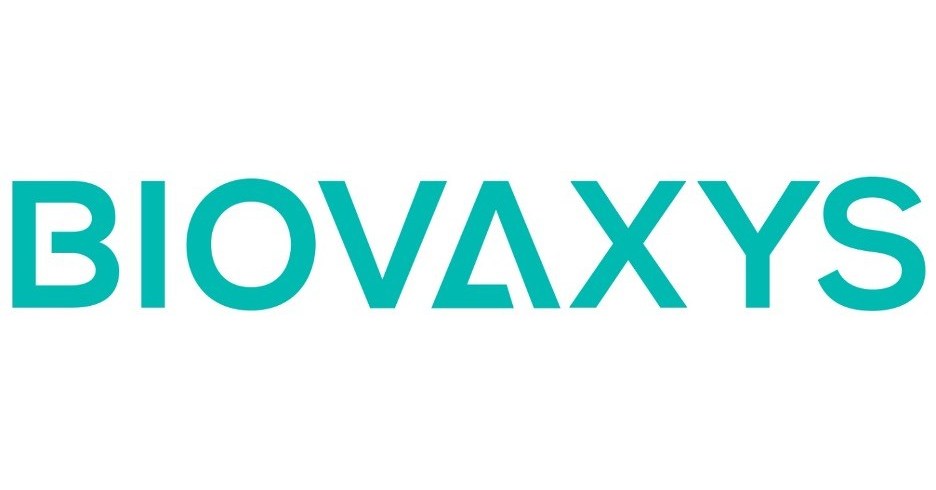The University of Georgia’s total enrollment reached 43,888 this fall, up 1.7% from last year, with a record number of students from the state of Georgia. UGA’s enrollment growth continues to be driven by Georgia residents, with Georgians representing 83% of all undergraduate students. This milestone reflects UGA’s continued investment in educating and retaining Georgia’s top talent.
“As UGA continues to rise in national prominence, we remain firmly committed to our core land-grant and sea-grant mission as Georgia’s flagship institution,” said UGA President Jere W. Morehead. “We will always prioritize providing opportunities for talented students from across Georgia, while advancing research and public service that strengthen communities and address real-world challenges facing our state.”
Expanding campus infrastructure and faculty excellence
Fall 2025 enrollment reflects a steady increase in line with the university’s strategic enrollment plan, which focuses on upholding the university’s mission while harnessing the strengths of its distinguished faculty, staff and educational offerings.
“Our enrollment growth is following an intentional effort to balance campus and community resources with increasing demand for the high-quality programs at UGA,” said Andy Borst, vice provost for enrollment management. “We are coordinating with Athens-Clarke County and are working to expand the physical infrastructure of campus and attract world-class talent to join our faculty.”
The university opened a new 1,100-space parking deck in August 2025. A new 566-bed residence hall and dining, learning and well-being center are currently under construction for completion in fall 2026. A new medical education and research building is expected to be completed on the UGA Health Sciences Campus by December 2026. The second phase of renovation of lab spaces and classrooms on Science and Ag Hill is expected to be completed by spring 2026 with Phase III to open by January 2027.
UGA is investing in expanding faculty excellence to ensure enrollment growth goes hand in hand with academic quality and statewide impact. Through presidential faculty hiring initiatives, the university continues to add outstanding educators and researchers while maintaining a 17-to-1 student-to-faculty ratio. Since 2020, 97 new faculty have joined UGA in high-demand fields such as agriculture, health, logistics and technology, creating jobs and innovation that benefit the entire state. UGA plans to make additional faculty hires in these areas and others before the start of the next academic year. These hires not only expand research that drives Georgia’s economy but also ensure students learn directly from leading scholars working on solutions to the state’s most pressing issues.
New enrollment
The incoming first-year class totals 6,216 students, an increase of 0.5%, and the cohort has an impressive academic profile that continues the university’s tradition of excellence. Selected from a record number of applicants, the first-year cohort represents 142 of 159 Georgia counties from 463 Georgia high schools and includes 215 Georgian valedictorians and salutatorians.
Transfer enrollment also remains strong, with 3,283 new students joining UGA this academic year — meeting the university’s goal of one transfer student for every two traditional freshmen. Among fall 2025 transfers, 93% are from Georgia, including increased enrollment for students from rural counties. The growth in rural student enrollment reflects UGA’s commitment to providing pathways to higher education for students in every Georgia county.
New graduate student enrollment remains steady at around 3,200, with an increase in Georgia residents — 121 students — pursuing advanced degrees to build skills in the state’s fastest-growing industries, including education, business, health care, and social services. UGA’s online graduate programs and extended campuses continue to provide flexible pathways for students unable to attend classes in Athens.
For the 10th consecutive year, UGA has been ranked in the top 20 among the nation’s best public universities, according to U.S. News & World Report. The university continues to rank among the nation’s best for student success, sustaining a first-year retention rate of 94%. UGA is also one of only nine public universities with a six-year graduation rate of 90% or higher.
Looking ahead, UGA is preparing to expand its academic offerings with the establishment of two new schools — the School of Medicine and the School of Nursing. The Liaison Committee on Medical Education (LCME) granted the School of Medicine candidate status in February and expects to be notified by the LCME of its decision on preliminary accreditation status in February 2026. If granted, the School of Medicine may begin recruiting its inaugural class of medical students. This will be followed by the School of Nursing, expected to begin enrolling students as early as fall 2027. These schools will play a vital role in addressing Georgia’s health care workforce shortages and expanding access to quality care across rural and urban communities alike.





